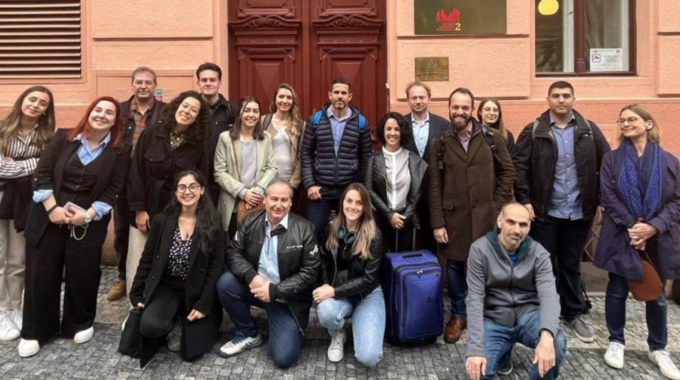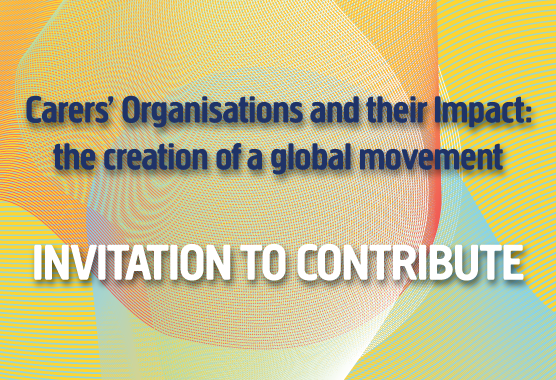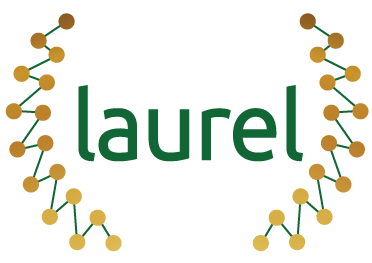
An important research report on access to care services has been released by Eurofound
Eurofound, the European Foundation for the Improvement of Living and Working Conditions, has released its recent report on 8th October on Access to care services, which focuses on three care services essential for social protection and inclusion:
– early childhood education and care (ECEC),
– healthcare, and
– long-term care.
Eurocarers was consulted and was able to provide input on the issue concerning in particular the need for respite care services.
Background:
Access to these services has been shown to contribute to reducing inequalities throughout the life cycle and achieving equality for women and persons with disabilities. The right of access to good-quality care services is highlighted in the European Pillar of Social Rights.
Drawing on input from the Network of Eurofound Correspondents and Eurofound’s own research, the report resents an overview of the current situation in various EU Member States, Norway and the UK, outlining barriers to the take-up of care services and differences in access issues between population groups. It pays particular attention to three areas that have the potential to improve access to services: ECEC for children with disabilities and special educational needs, e-healthcare and respite care.
Summary of report key findings:
Among other key findings, this Eurofound report sheds light on the need to improve the accessibility of care services: “ Many people do not use early childhood education and care or long-term care due to having informal care arrangements in place – but could benefit from using the services if they were more affordable, better-tailored or of higher quality.”
Specifically, on the situation of informal carers, the report shines the spotlight on respite care. The overall assessment is that respite care has been a marginal or unfamiliar concept in many countries but now features in policy discourse in nearly all countries. Going forward, the key recommendations being that diversifying the forms of respite care, to include alternatives to hospitals or residential facilities, can improve its use and usefulness. In addition, better engagement with care recipients and their carers is needed for effective take-up of respite care. This can help to establish formal care contact earlier, making informal care more sustainable and improving carers’ quality of life.
On the topic of long-term care findings indicate that rises in quality ratings and expenditure are mainly found in countries which already had relatively well-developed care systems, reinforcing a previous finding that access needs to be developed in Member States with lower-income levels in particular. Going forward, therefore, a key recommendation is that formal long-term care provision needs to be expanded and made more flexible in most Member States. This can help to provide more adequate care, free up beds in hospitals, facilitate employment and reduce social exclusion and healthcare needs for informal carers.
Access the report here: https://www.eurofound.europa.eu/publications/report/2020/access-to-care-services-early-childhood-education-and-care-healthcare-and-long-term-care#tab-04
© Fotoluminate LLC/Shutterstock





